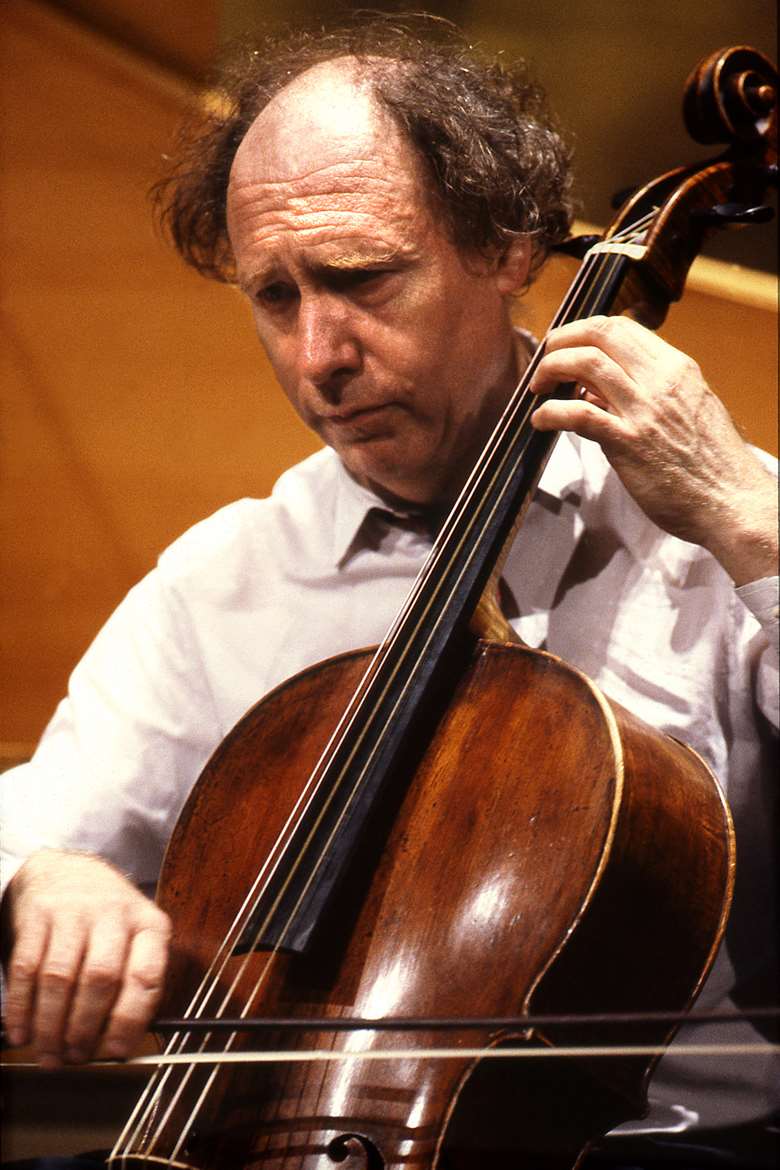The cellist Anner Bylsma has died
Gramophone
Monday, July 29, 2019
Born February 17, 1934; died July 25, 2019

Anner Bylsma, one of the pioneering figures in historically informed performance practice of cello repertory has died aged 85. Born in The Hague, he studied at the city’s Royal Conservatory, winning the prix d’excellence in 1957. Two years later he took first prize in the Pablo Casals Competition in Mexico. He played in the Dutch National Orchestra and then, in 1962, joined the Concertgebouw Orchestra in Amsterdam, serving as Principal Cello for six years. He would perform with Frans Brüggen and Gustav Leonhardt and, later, with his wife, the violinist Vera Beths, and the viola-player Jürgen Kussmaul who formed the core of a string group called L’Archibudelli. He also played and recorded with the Smithsonian Chamber Players.
Bach’s six cello suites became a major focus of his musical life. He wrote a study of them in 1998 called Bach, the Fencing Master and he recorded them twice – first for RCA in 1979 and then in 1992 for Sony Classical’s Vivarte label. Gramophone’s Nicholas Anderson wrote of the 1979 set that ‘These were for me, and probably for many readers, revelatory performances, as significant a landmark, though for different reasons, as those of Casals were in the mid to late 1930s.’ And he commented of the 1992 recording, made on a Stradivarius cello, that ‘I commend this new release above all for the many fertile ideas contained in the stylistic gauntlet with which Bylsma challenges the listener, often quite audaciously. Here is an artist who is not afraid to express himself both individually and intensely and who understands, indeed seems to feel, the graceful contours of these superlative pieces with acute sensibility.’
Bylsma was a musician who was admired by cellists of all interpretative hues, listened to as attentively by practioners of the ‘modern style’ as by those who aimed for a more ‘authentic approach’. In an interview with Lindsay Kemp in Gramophone’s March 1995 issue, Bylsma said: ‘An interviewer once asked me “What is authentic?”, and I said it is when you hear someone play a piece that you know extremely well and it suddenly appears still more beautiful than it was. One thing must be true of all music, and that is that it’s alive, that you are taken away from your sorrows by it. That’s what it’s all about.’







